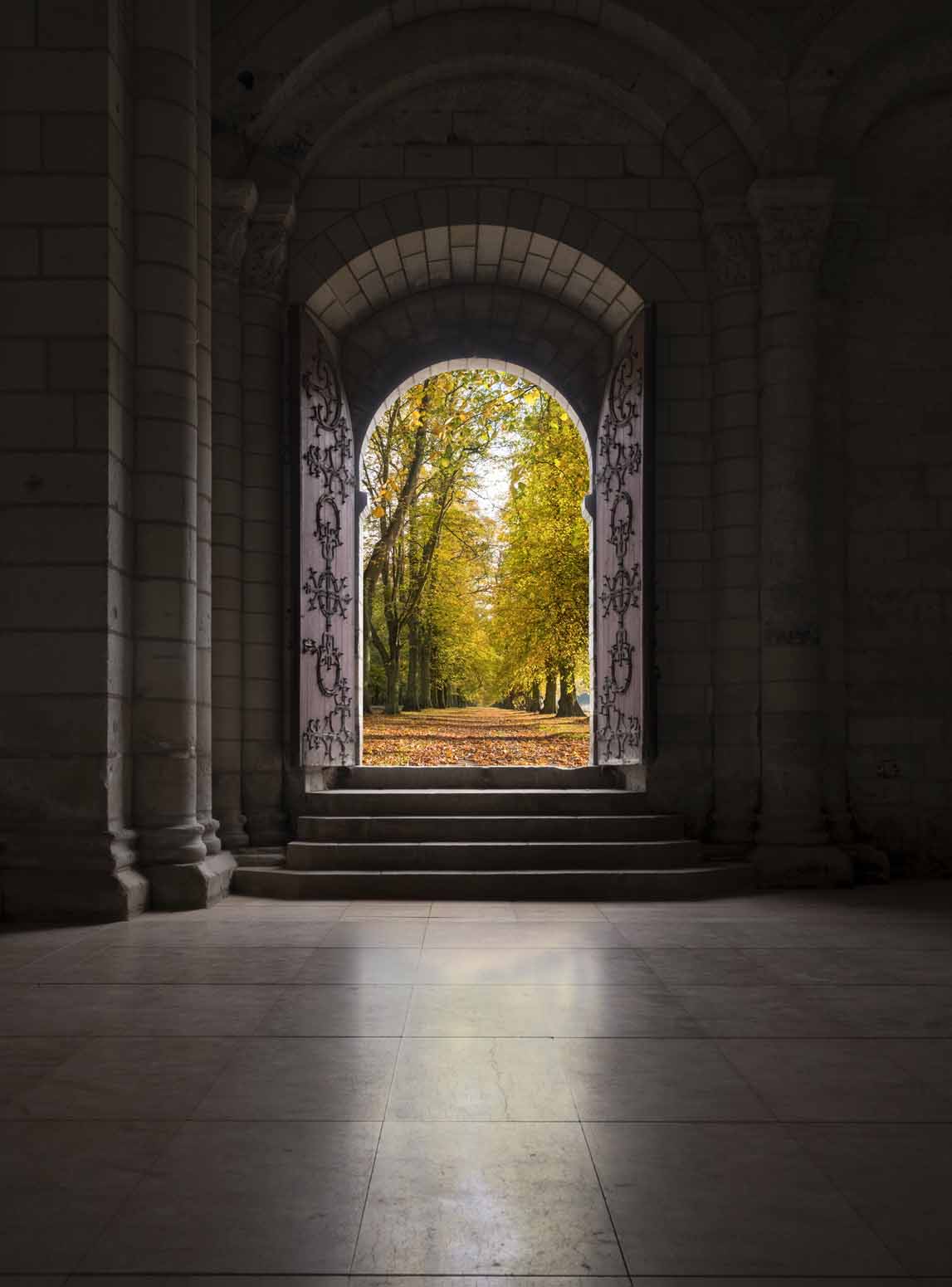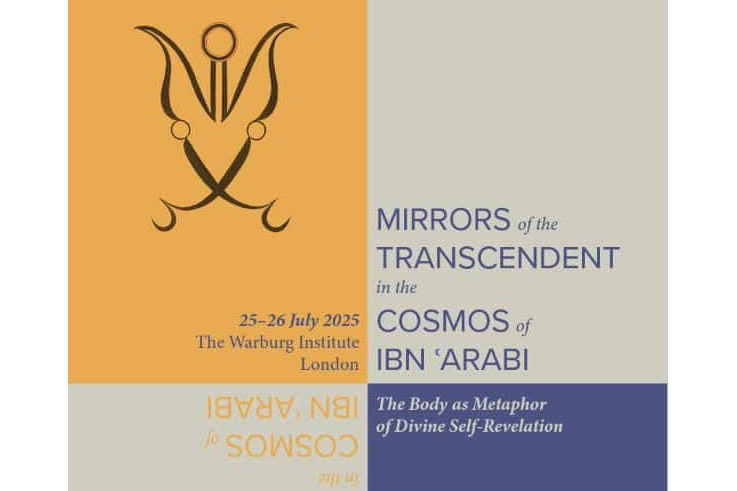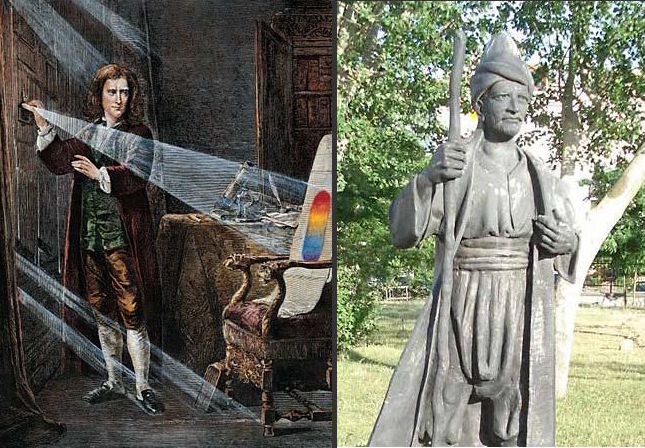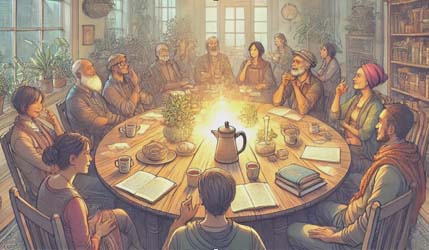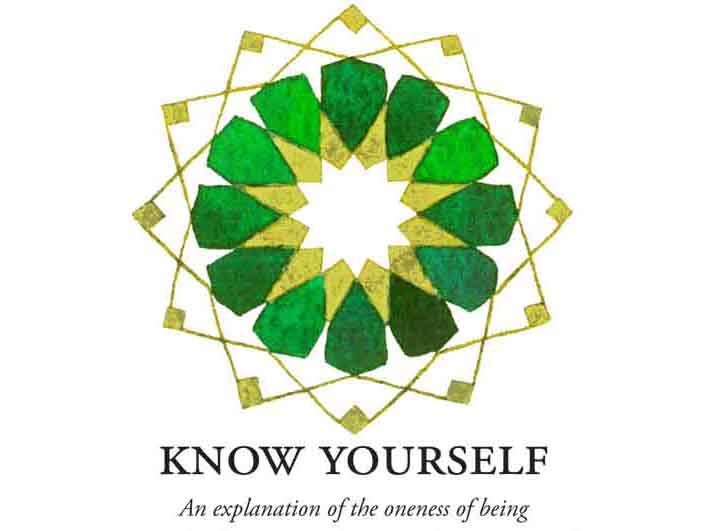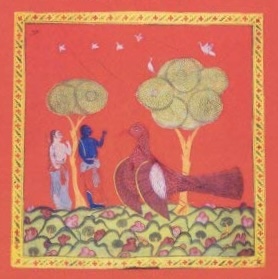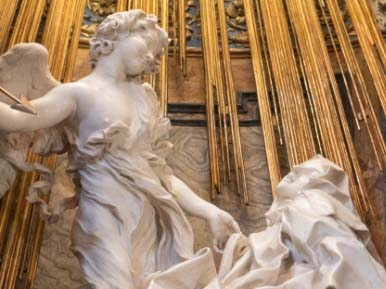Beshara Trust London Seminars
October 14 & November 11, 2017
Time: 2–5pm
Venue: The October Gallery, London
Seminar Description
These seminars will comprise study of the work of the great spiritual teacher, Muhyiddin Ibn ‘Arabi. The aim of the study is self-knowledge in the spirit of the stated mission of the Beshara Trust “…advancement of education in the consideration of the basic unity of all religions, in particular by the provision of courses to provide an understanding of the relationship of humanity to the universe, the earth, the environment and society, to Reality and to God.”
The aim of the seminars will be to develop and nurture the sentiment for such understanding.
Although the Beshara Trust is not confined to a single writer or tradition, the work of Ibn ‘Arabi has always been central because of the universality of his approach.
These seminars do not require any prior knowledge of Ibn ‘Arabi’s writings and are designed both for those new to his work and for long-term students. The two seminars are independent of one another; it is possible to attend either or both. The study material will consist of writings by Ibn ‘Arabi and related authors, in English translation where necessary.
The first seminar in October attracted 20 participants and was greatly enjoyed.
The material for the second seminar on 11th November will include extracts from Ibn ‘Arabi’s account of his early years in Andalusia and the remarkable people he knew there, as well as further extracts from his great work the Fusus-al Hikam. We shall also read some further writings of Bulent Rauf.
Venue:
The October Gallery
24 Old Gloucester Street
London
WC1N 3AL
About Ibn 'Arabi
Muhyiddin Ibn ‘Arabi (1165–1240)
Known as the greatest mystical genius of the Arabs, Ibn ‘Arabi was born in Murcia in south-eastern Spain, at a time of the last great flowering of Andalucian culture under Islamic rule. From the earliest age he showed evidence of an extraordinary visionary capacity, and while still a teenager, had a seminal vision of the three major prophets of the West, Jesus, Moses and Muhammad. He traveled widely in North Africa, the Middle East and Asia Minor, eventually settling in Damascus for the last 20 years of his life. He wrote a series of inspired works, some 300 in number ranging from short treatises and mystical odes to the 37-volume encyclopaedia Meccan Revelations (al-Futuhat al-Makkiyya) and his spiritual masterpiece on the prophetic wisdoms, Fusus al-Hikam.
Ibn ‘Arabi’s reach was immense and his influence vast during his lifetime and beyond. His works inspired the great civilizations of the Mughals in India, the Ottomans in Turkey, the civilisations of Indonesia and China right down to the present day. He occupies a status equivalent to Shakespeare in the realm of English language, but Ibn ‘Arabi’s wealth of meanings extends from the interior unknown essential reality to the most explicit outward expression without ever compromising the principle of unity.
With recent translations into European languages a new era of influence is noticeably and interestingly beginning to unfold. The Muhyiddin Ibn ‘Arabi Society was founded in 1977 to promote a greater understanding of the work of Ibn ‘Arabi and his followers. It is an international association with its headquarters in Oxford, England and a branch in Berkeley, California.
Booking & Fees
Refreshments provided.
Advance booking required.
Cost: £8 (+Eventbrite registration fee)
https://ibn-arabi-study.eventbrite.co.uk
Enquiries:
Michael Cohen
london@beshara.org
Tel: 020 8300 7928
The October Gallery
24 Old Gloucester Street
London
WC1N 3AL
